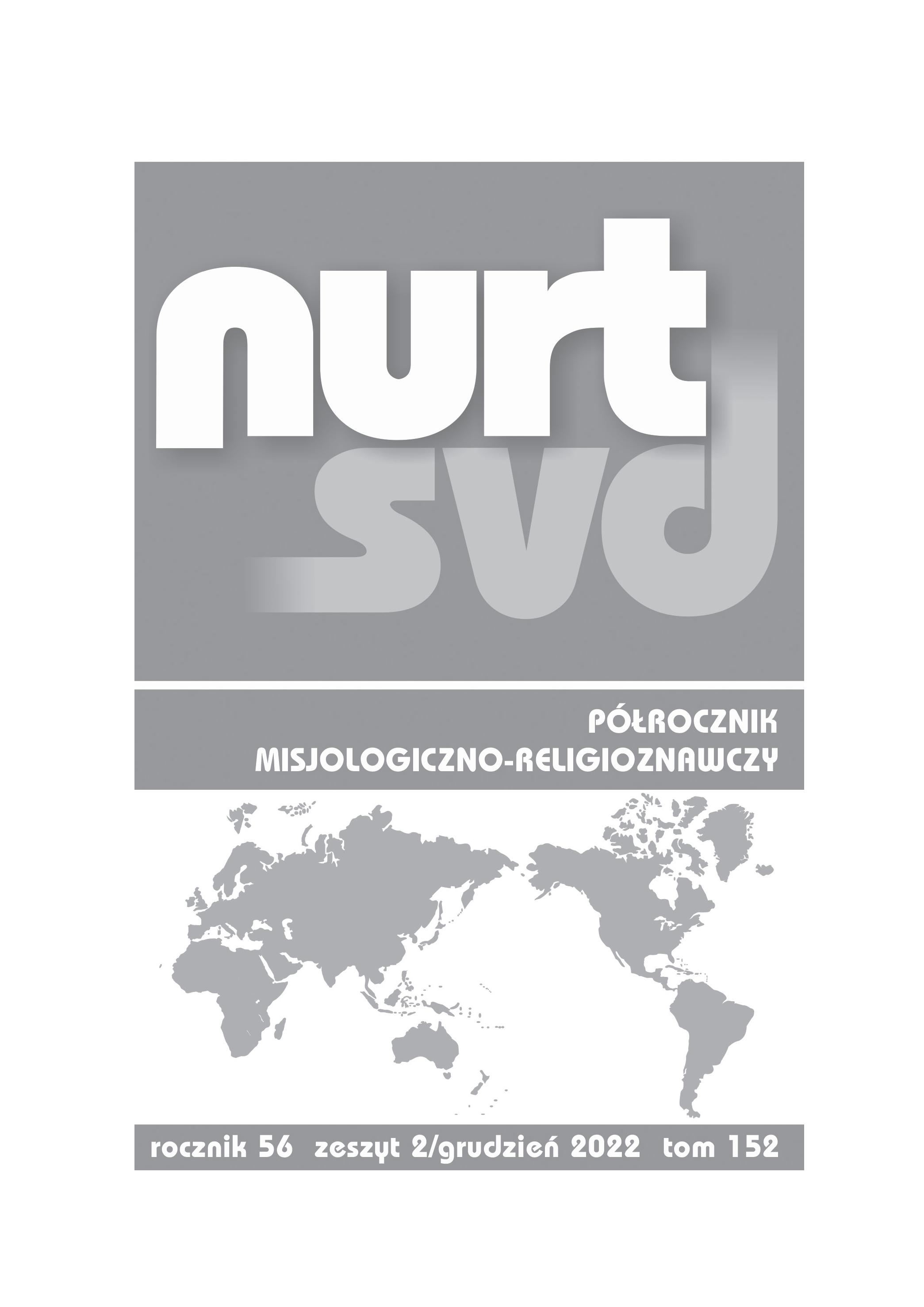The Establishment of the Russian Ecclesiastical Mission in Peking as an Example of a Long-Term Cooperation between the State and the Church: A Historical Review
The Establishment of the Russian Ecclesiastical Mission in Peking as an Example of a Long-Term Cooperation between the State and the Church: A Historical Review
Author(s): Piotr AdamekSubject(s): Christian Theology and Religion, Theology and Religion
Published by: Verbinum
Keywords: Russian Ecclesiastical Mission in Peking
Summary/Abstract: The idea of the Orthodox Ecclesiastical Mission in Peking was created at the beginning of the 18th century by the Tsar Peter the Great as a joint project of the Russian State and the Russian Orthodox Church. Besides the official religious aim – to guarantee a pastoral care for Orthodox Albanians in Peking – political, diplomatic, commercial and scholar interests were intended by the Russians. After the Chinese authorities agreed to accept a group of priests and students in Peking and the first Russian Ecclesiastical Mission in Peking was established in 1715, it started to play a very important “strategic” role in the political relationships between Russia and China. It became both the first foreign mission of the Russian Orthodox Church and the first foreign long-term “embassy” in China. For 150 years the Mission in Peking had a dual structure, being subordinate to both secular and spiritual authorities, and implementing their missionary as well as political interests.In this article, a historical review of the project of the Russian Ecclesiastical Mission in Peking, jointly implemented by the Russian State and the Russian Orthodox Church will be presented. Their cooperation, mutual support and successes will be analysed and evaluated together with their interferences, problems as well as deficits resulting from the partly counterproductive interests and activities of the Church and the State.
Journal: Nurt SVD
- Issue Year: 152/2022
- Issue No: 2
- Page Range: 75-87
- Page Count: 13
- Language: English

